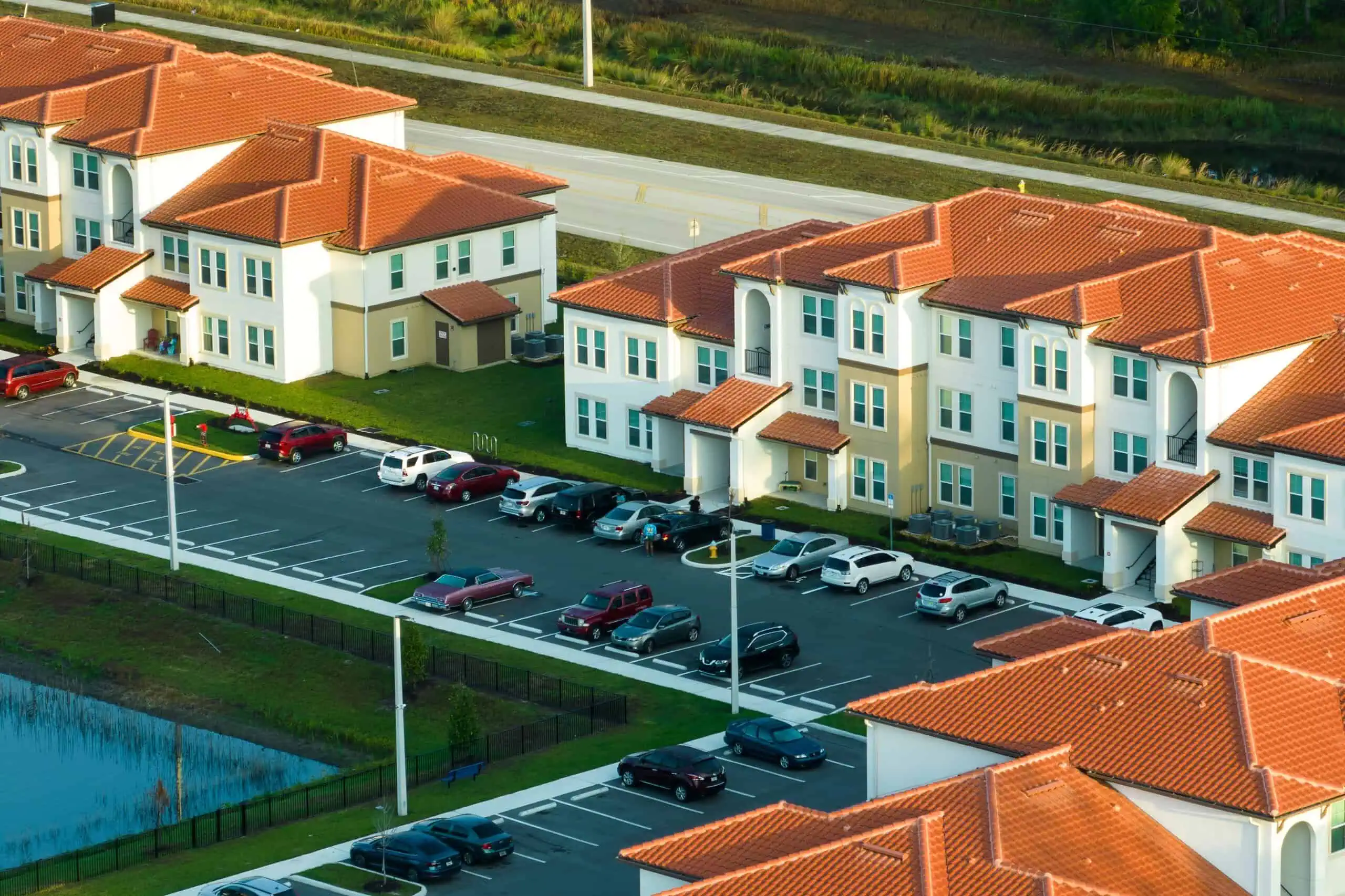Owning rental property in Pennsylvania can be a rewarding investment, but it also comes with unique risks. From tenant damage to severe weather, a single incident can lead to unexpected costs. While a standard rental property insurance policy can help protect your investment, there are often additional protections that landlords may want to explore.
At Everoak Insurance Group, we work with property owners across Pennsylvania to review potential risks and discuss coverage options that can be tailored to fit their needs. Below, we explore some questions landlords often ask when thinking about extra layers of protection.
What Is Rental Property Insurance And How Does It Help?
Rental property insurance, sometimes called landlord insurance, is designed to help protect properties you own and rent out to tenants. It’s generally different from homeowners insurance, as it’s focused on the risks of being a landlord.
In Pennsylvania, a rental property insurance policy may include protection for the structure itself, liability concerns, and loss of rental income in certain covered situations. However, policies can vary, so it’s important to understand exactly what’s included and where additional protections might be beneficial.
Should I Consider Liability Coverage Beyond the Basic Policy?
Even careful landlords can face liability claims. If a tenant or visitor is injured on your property, or if property damage occurs and you are found responsible, you could face significant expenses.
Some landlords choose to look into higher liability limits or umbrella policies, which can provide an extra layer of liability protection beyond the standard policy limits. For landlords with multiple rental properties in Pennsylvania, this may be especially important, as a single incident could impact more than one property’s financial security.
Is Loss Of Rental Income Protection Worth Adding?
If a covered event, such as a fire or major storm, renders your property uninhabitable, you might lose rental income during repairs. This can be financially challenging, particularly if your mortgage, taxes, and other costs still need to be paid.
Loss of rental income coverage can help replace the rent you would have received during the repair period, depending on the terms of your policy. In Pennsylvania, where winter storms and heavy rains can cause damage, landlords sometimes consider this protection as part of their overall risk management strategy.
How Can I Protect Against Tenant-Caused Damage?
While normal wear and tear is expected, significant tenant-caused damage can be costly. Some rental property insurance policies may provide limited protection for damage caused by tenants, while others may exclude it altogether.
Landlords sometimes address this risk by requiring security deposits, conducting thorough tenant screening, and reviewing insurance options that can help with repair costs after certain types of damage. In some cases, adding an endorsement to your existing policy could help fill this gap.
Should I Think About Ordinance Or Law Coverage?
If your Pennsylvania rental property is damaged and needs repairs, you might be required to bring it up to current building codes. This could involve additional construction, new materials, or modernized systems that weren’t part of the original structure.
Ordinance or law coverage is designed to help with the cost difference between repairing the property to its pre-loss condition and making the upgrades required by law. For older buildings, which are common in many Pennsylvania towns, this coverage can be worth discussing with your insurance advisor.
Is Equipment Breakdown Coverage Useful For Rental Properties?
Many rental properties have essential systems such as heating, air conditioning, water heaters, and more that keep tenants comfortable and the property habitable. If one of these systems fails due to a mechanical or electrical breakdown (not caused by normal wear and tear), the repair or replacement costs can be substantial.
Equipment breakdown coverage can help with these costs in certain situations. This is particularly relevant for landlords who provide appliances or have complex HVAC systems in their rental units.
What About Flood And Earthquake Insurance?
Standard rental property insurance policies typically do not include flood or earthquake protection. In Pennsylvania, some areas are at higher risk for flooding, especially along rivers and in low-lying regions. Earthquakes are less common, but small seismic events do occur.
If your property is in a flood-prone area, you may want to consider a separate flood insurance policy through the National Flood Insurance Program (NFIP) or a private carrier. Earthquake coverage is also available as a separate policy or endorsement in some cases.
Should I Require Tenants To Have Renters Insurance?
Requiring tenants to carry renters insurance can help reduce disputes after a loss. Renters insurance is generally designed to protect the tenant’s personal belongings and may also provide liability protection for the tenant.
For landlords, this requirement can potentially lower the likelihood of being held responsible for tenant property damage in certain situations. It can also encourage tenants to be more cautious with the property.
How Do I Choose The Right Protections For My Pennsylvania Rental Property?
The best protections for your rental property depend on its location, age, value, and the type of tenants you rent to. A rental property in Pittsburgh may face different risks than one in a rural area or along the Delaware River.
Working with an insurance agency like Everoak Insurance Group allows you to review your unique risks and explore coverage options that align with your goals as a landlord. By asking the right questions and customizing your rental property insurance, you can feel more confident that you’re addressing the risks that matter most to you.
Protect Your Investment With The Right Insurance Strategy
Being a landlord in Pennsylvania comes with opportunities and challenges. While no insurance policy can remove all risks, having the right combination of standard and optional coverages can help you better prepare for the unexpected.
At Everoak Insurance Group, we help Pennsylvania property owners navigate their options and create rental property insurance strategies tailored to their needs. Whether you own a single rental unit or a portfolio of properties, we can help you explore the protections that make sense for your situation. Contact us today to learn more about rental property insurance options for your properties.




